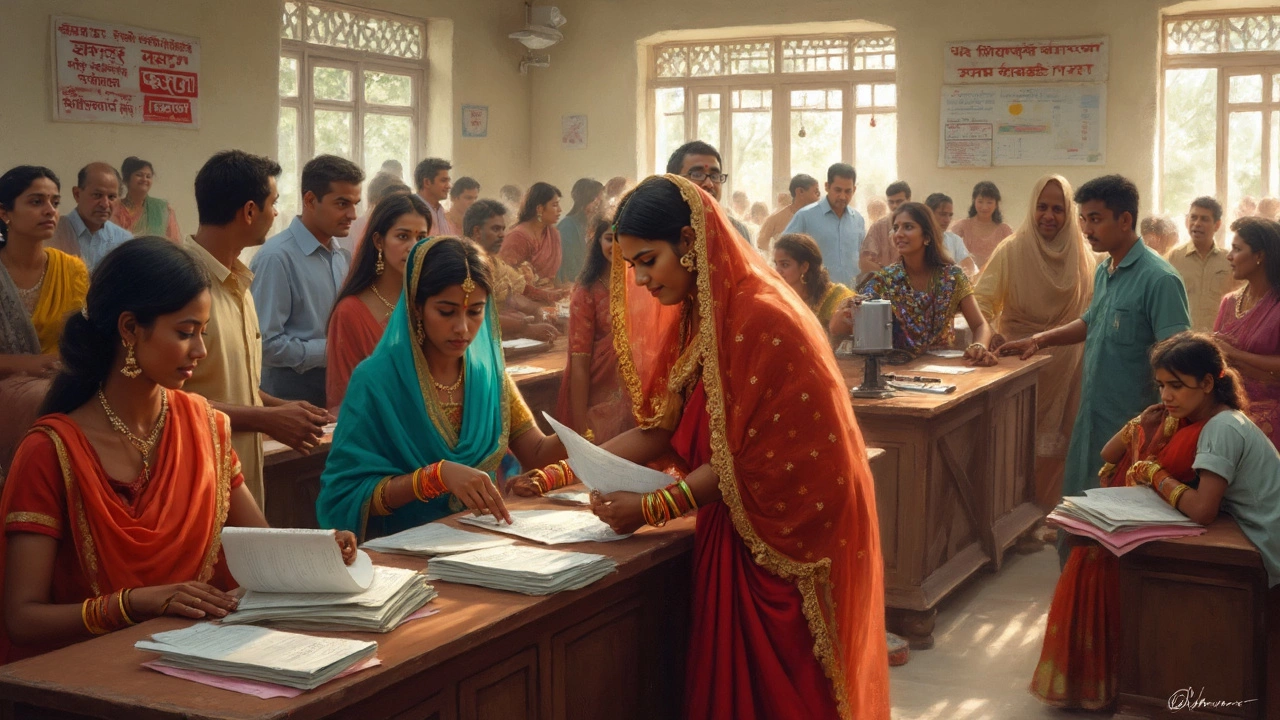Hindu Marriage Act – What You Need to Know
If you’re looking at getting married, filing for divorce, or just curious about the legal side of Hindu marriages, the Hindu Marriage Act (HMA) is the law that guides most of it. Enacted in 1955, the Act lays out who can marry, how a marriage is valid, and what happens when things go wrong. Below we break it down into bite‑size pieces so you can see how the law works for you.
What the Act Covers
The HMA deals with three main areas: marriage eligibility, registration and divorce. To be eligible, both parties must be Hindus, Buddhists, Jains or Sikhs, must be at least 18 for women and 21 for men, and must not be within certain prohibited relationships (like close blood relatives). The Act also says a marriage is void if either partner is already married, or if they marry under duress.
Registration isn’t mandatory for a marriage to be legal, but it gives you a solid proof of the union. You can register the marriage at a local registrar office, and the certificate can be handy for paperwork like passport applications or property transfers.
How It Affects Divorce & Separation
Divorce under the HMA can happen in two ways: mutual consent or contested. Mutual consent divorce is the fastest – after a six‑month cooling‑off period (which can be waived in special cases), both partners can file the petition and get the marriage dissolved. If one spouse doesn’t agree, a contested divorce may be filed, and the court looks at grounds such as cruelty, desertion, or conversion to another religion.
Recent trends show more couples opting for mutual consent, especially after reading guides like our article “Is Instant Divorce Possible in India? Fastest Legal Routes, Timelines, and 2025 Rules.” It breaks down the steps and documents you’ll need, making the process less scary.
Another important point is alimony and maintenance. The HMA allows the court to order the husband to pay a monthly allowance to the wife, especially if she has no income or the marriage was long‑term. Courts consider the husband’s earning capacity, the wife’s needs and the standard of living during the marriage.
Child custody follows the best‑interest principle. While the Act doesn’t detail custody rules, the family court decides based on the child’s welfare, education, and emotional needs. You can read more about how courts handle these issues in our post “One‑Sided Divorce in India: Process, Rights & Legal Tips in 2025.”
Beyond divorce, the HMA also talks about remarriage. A divorced woman can remarry after the decree is final, and there’s no waiting period. A widower or widow can also remarry without restrictions.
In practice, many people overlook the importance of a proper marriage license. A simple mistake, like missing the age requirement, can make the whole marriage void and cause big problems later. Always double‑check the eligibility criteria before you register.
Finally, remember that the law evolves. Amendments and court rulings can shift how certain provisions are applied. Staying up‑to‑date with reliable sources, like Bharat Digital Academy of Law, ensures you have the latest info.
So whether you’re planning a wedding, facing a separation, or just want to understand your rights, the Hindu Marriage Act is the backbone of Hindu family law in India. Keep these basics in mind, consult a qualified lawyer when needed, and you’ll navigate the legal landscape with confidence.

Marriage Registration in India: Do You Really Need to Register Every Marriage?
Ever wondered if every marriage in India needs to be registered? This article breaks down the legal requirements, busts common myths, and shows exactly what happens if you skip registration. You’ll also get no-nonsense tips on navigating paperwork, choosing the right law, and avoiding trouble later. Whether it’s a traditional wedding or a court ceremony, this guide makes sense of the rules. Stay ahead—don't miss tricky pitfalls or hidden details.